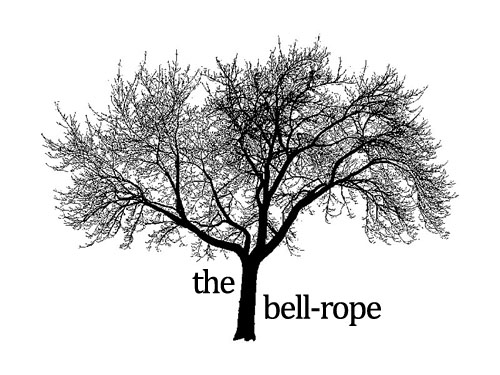Of course, a last time is usually recognized only in retrospect, when we reach a certain age or condition and reluctantly accept that our time is finite. I imagine it like moving house, except much, much sadder, as when you have two boxes to ship and must decide what goes in: will I read this book again? are these old letters worth keeping? what music will I listen to again, what can I leave behind? When we know our life is ending, the process of selection becomes a kind of insistence on individuality, a laundry list of that which we find singularly valuable and beautiful. Things we became jaded to in the long course of our lives become new once more; we see things as if for the first time, not wanting to miss any detail, not knowing what might never come again.
Last times are usually recognized in retrospect, but I think there are certain rare and mysterious moments in our lives when we know, while they're happening, that this is the last one of its kind, this is something that will not come again. These moments become more and more frequent as we get older, as we experience more and more and run out of time to experience the same things again. Eventually we reach a point where all we do is last times, files snapping shut one after the other, until we run out of things to do for the last time. And each thing we leave behind is a step in our leaving of the world.
I am afraid that, when I enter the chapter of Last Times, I will watch helplessly as parts of me close themselves off like so many folding chairs, removed one by one from the floor and tucked away for night. At that point, of course, it will be too late to do anything about it. One day, I will never again be able to visit South America; I will never learn to speak Russian; I will never read that book that someone told me I'd love. There won't be the time. We arrive tumbling, sprawling exultantly into the world, creatures of infinite possibility; as Robert Heinlein says,
A human being should be able to change a diaper, plan an invasion, butcher a hog, conn a ship, design a building, write a sonnet, balance accounts, build a wall, set a bone, comfort the dying, take orders, give orders, cooperate, act alone, solve equations, analyze a new problem, pitch manure, program a computer, cook a tasty meal, fight efficiently, die gallantly. Specialization is for insects.Yes, we can do all those things and more, but as we run out of time we need to say goodbye to each of the possibilities that didn't work out, the things that always existed as "maybe" because they were still possible. The promise of our selves collapses into the reality of our selves. At the end, there will be no more use for ambition or discipline, no such thing as promise; there will only be what you have built and what there is.
So out of this frustration let there come a cry for love, love, love. The world is ending all the time, here and there, as pockets of it that you will never see again flicker and disappear. All around you, it is dismantling itself, shrinking and tightening its circumference as the Last Times of your experience pass by and never come again. The only way to push back against this inevitable constriction, as I see it, is to imbue every single fucking thing with an exuberance of love, love being energy and curiosity and patience and understanding. Love the whole stupid world and every stupid thing in it, and you keep it open until it comes down around you and drops like a curtain, as it must, in the end.
